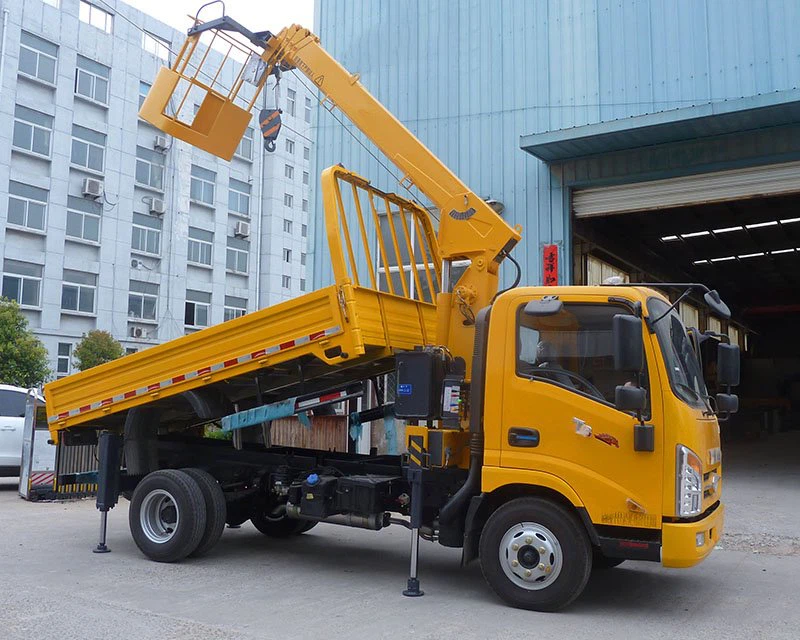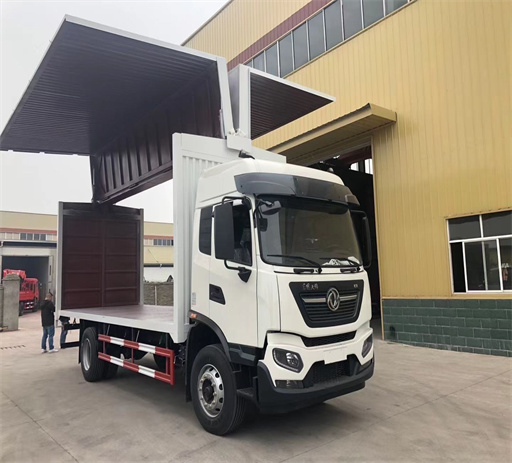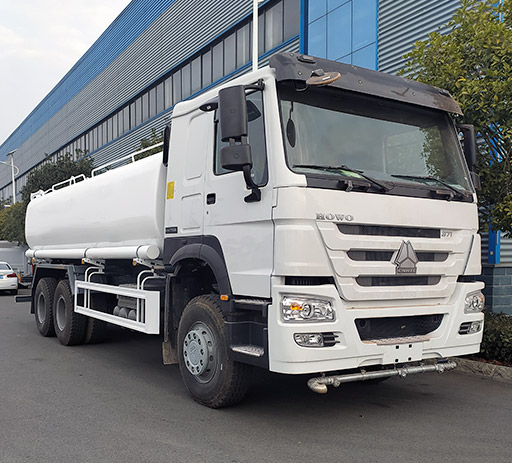Understanding Vac Con Trucks: The Ultimate Guide

Vac Con trucks are essential vehicles used in various applications, primarily for vacuuming and transporting debris, liquids, and other materials. This comprehensive guide explores the features, functions, uses, and advantages of Vac Con trucks, along with practical tips for their operation and maintenance. Whether you’re considering purchasing one or simply wanting to learn more, this article covers all you need to know.
What Are Vac Con Trucks?
Vac Con trucks, also known as vacuum tanks or combination trucks, are specialized vehicles designed for efficient waste removal. These trucks integrate powerful vacuum systems with high-pressure water jets to clear obstructions in sewer systems, septic tanks, and other environments.
Key Components of Vac Con Trucks
- Vacuum Tank: A robust tank that holds debris and liquids.
- Vacuum System: Incorporates powerful fans or blowers to create suction.
- Water Jet System: High-pressure jets to help dislodge blockages.
- Hoses and Attachments: Flexible hoses and specialized attachments for various applications.
How They Work
Vac Con trucks function by combining vacuum suction with high-pressure water jets. The water jets help break down tough blockages, while the vacuum system removes the debris and transports it into the onboard tank. This combination makes them highly effective for tasks like cleaning sewer lines, hydro-excavation, and environmental cleanup.
Applications of Vac Con Trucks
Vac Con trucks are versatile vehicles used across several industries. Their common applications include:
Sewer and Drain Cleaning
Sewer maintenance and cleaning jobs benefit greatly from Vac Con trucks. They remove sludge, grime, and blockages, ensuring smooth flow within sewer systems.
Hydro Excavation
Hydro excavation is a non-destructive excavation method that uses high-pressure water combined with vacuum technology. Vac Con trucks are perfect for this application, allowing for precise digging without damaging utility lines.
Pothole and Road Repair
These trucks can clear debris and existing materials from potholes quickly, enabling faster and more efficient repairs.
Environmental Cleanup
For cleanup efforts following spills or contamination, the vacuum capabilities of Vac Con trucks facilitate the safe removal of hazardous materials.
Case Study: Hydro Excavation
In a typical hydro excavation project, a Vac Con truck is used to carefully excavate around underground utilities. The water effectively breaks up the soil, while the vacuum system collects the slurry, providing a safe and efficient way to dig without the risk of damaging essential infrastructure.
Choosing the Right Vac Con Truck
Selecting the right Vac Con truck involves several considerations. Here’s what to keep in mind:
Size and Capacity
Assess your specific needs for tank capacity. Larger tanks can hold more waste but might be harder to maneuver in tight spaces.
Engine Power
The engine’s horsepower impacts both the suction power and the efficiency of high-pressure water jets. Ensure the vehicle has adequate power for your intended applications.
Attachment Options
Different attachments cater to various jobs. Be sure to consider which attachments you will need, such as different hose lengths, nozzles, and vacuum tools.

Operating a Vac Con Truck: Best Practices
Efficient operation of Vac Con trucks requires skill and safety knowledge. Here are some practical tips:
Pre-Operation Safety Checks

Before any operation, always conduct a thorough inspection of the truck, including:
- Checking fluid levels (fuel, oil, water)
- Inspecting hoses for wear or cracks
- Ensuring all safety devices are operational
Proper Loading Techniques
When collecting waste, ensure the tank is not overloaded. Familiarize yourself with the truck’s weight limit to prevent damage or unsafe operations.
Post-Operation Maintenance
After use, perform a clean-up of the truck and the suction system to prevent clogs and corrosion.
Checklist for Post-Operation Maintenance
| Task | Frequency |
|---|---|
| Flush water system | Daily |
| Inspect hoses and filters | Weekly |
| Check engine oil | Every 10 hours of operation |
| Wash the exterior | Weekly |
The Economic Benefits of Vac Con Trucks
Investing in Vac Con trucks can lead to significant cost savings over time. Here’s how:
Reduced Labor Costs
By combining multiple functions — vacuuming, water jetting, and hauling — these trucks reduce the need for multiple staff and equipment.
Increased Efficiency
With higher efficiency in completed jobs, businesses can take on more work, boosting profitability.
Common Challenges Faced with Vac Con Trucks
Like any machinery, Vac Con trucks come with their own set of challenges:
Clogging Issues
Improper use can lead to clogs in the hoses or tanks, which can slow operations and require additional maintenance.
High Initial Investment
The initial cost of purchasing a Vac Con truck may deter some businesses, but financing options are often available.
Training and Skills Requirements
Effective operation requires skilled operators who understand both the machinery and local regulations regarding waste removal.
Environmental Considerations
Modern Vac Con trucks are designed with environmental sustainability in mind. Here’s how they contribute:
Waste Management
Proper waste removal and disposal help mitigate environmental impacts, such as contamination of water sources.
Reducing Carbon Footprint
Newer models are more fuel-efficient, which can lower the overall carbon footprint of operations compared to older models.
Frequently Asked Questions (FAQ)
1. What is the average cost of a Vac Con truck?
The price of a Vac Con truck varies significantly depending on specifications and configurations but generally ranges from $250,000 to over $1,000,000.
2. How often should a Vac Con truck be serviced?
A regular service schedule should be followed, which typically includes inspections every 250 hours of operation or as recommended in the owner’s manual.
3. Can Vac Con trucks handle hazardous waste?

Yes, with the appropriate configurations and safety measures in place, Vac Con trucks can be equipped to handle hazardous waste removal.
4. What type of training is required to operate a Vac Con truck?
Operators should have training in vehicle operation, waste handling, and safety protocols. Many manufacturers offer specialized training courses.
5. Are Vac Con trucks environmentally friendly?
Many models are designed with fuel efficiency in mind and enable responsible waste disposal, making them more environmentally friendly compared to older models.
6. How do I maintain the vacuum system?
Regularly check and clean both the vacuum pump and filters. Ensure there are no leaks in the system to maintain optimal performance.
